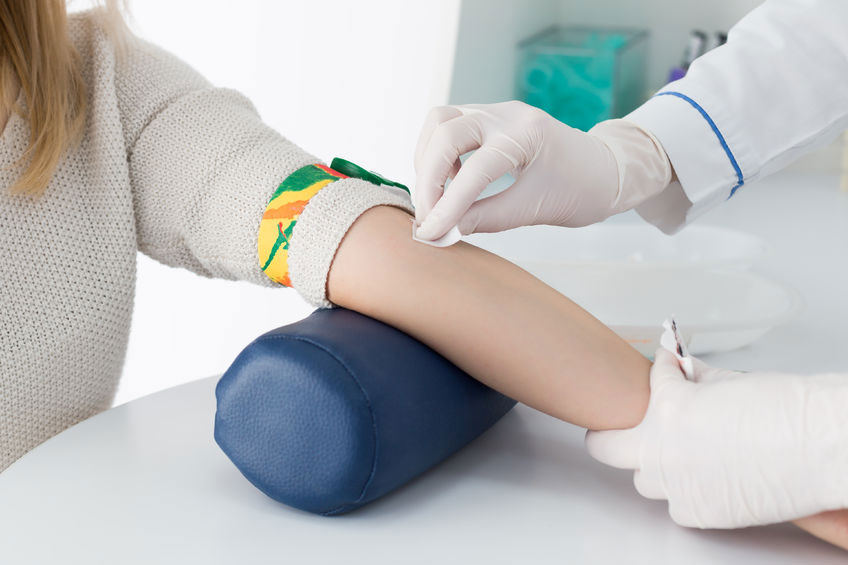Irritable Bowel Syndrome (IBS) laboratory test
It is recommended to perform the tests included in the package in case of abdominal pain, bloating and stool problems of uncertain origin. The IBS laboratory package examines the function of the digestive system (intestine, liver, pancreas) and the background of complaints caused by milk and gluten.
What is Irritable Bowel Syndrome?
Irritable bowel syndrome is a functional disorder of the digestive system that can cause defecation problems (diarrhoea or constipation), abdominal pain or bloating. The disease, which mostly occurs in young adults, affects almost one-fifth of the Hungarian population. The risk of irritable bowel syndrome is significantly increased by bowel sensitivity, malnutrition, stress, as well as smoking and excessive alcohol consumption.
Items tested in the IBS laboratory package
Blood count
White and red blood cell, haemoglobin and haematocrit, platelet counts, and red blood cell and white blood cell parameters are dealt with. White blood cells are found throughout the body, both in the blood and in the lymphatic system.
The hormone that stimulates the production of red blood cells is the erythropoietin, which is produced by the kidneys. Red blood cells carry oxygen in our bodies and also play an important role in transporting carbon dioxide.
Westergren
It draws attention to pathological processes in the body and is suitable for monitoring diseases. Its value is increased in infectious diseases, inflammation and malignancies, severe anaemia, kidney and thyroid disease.
CRP
The CRP protein is produced in liver cells during inflammation. Its level increases in proportion to the severity of the inflammation. Once the inflammation has passed, its value decreases.
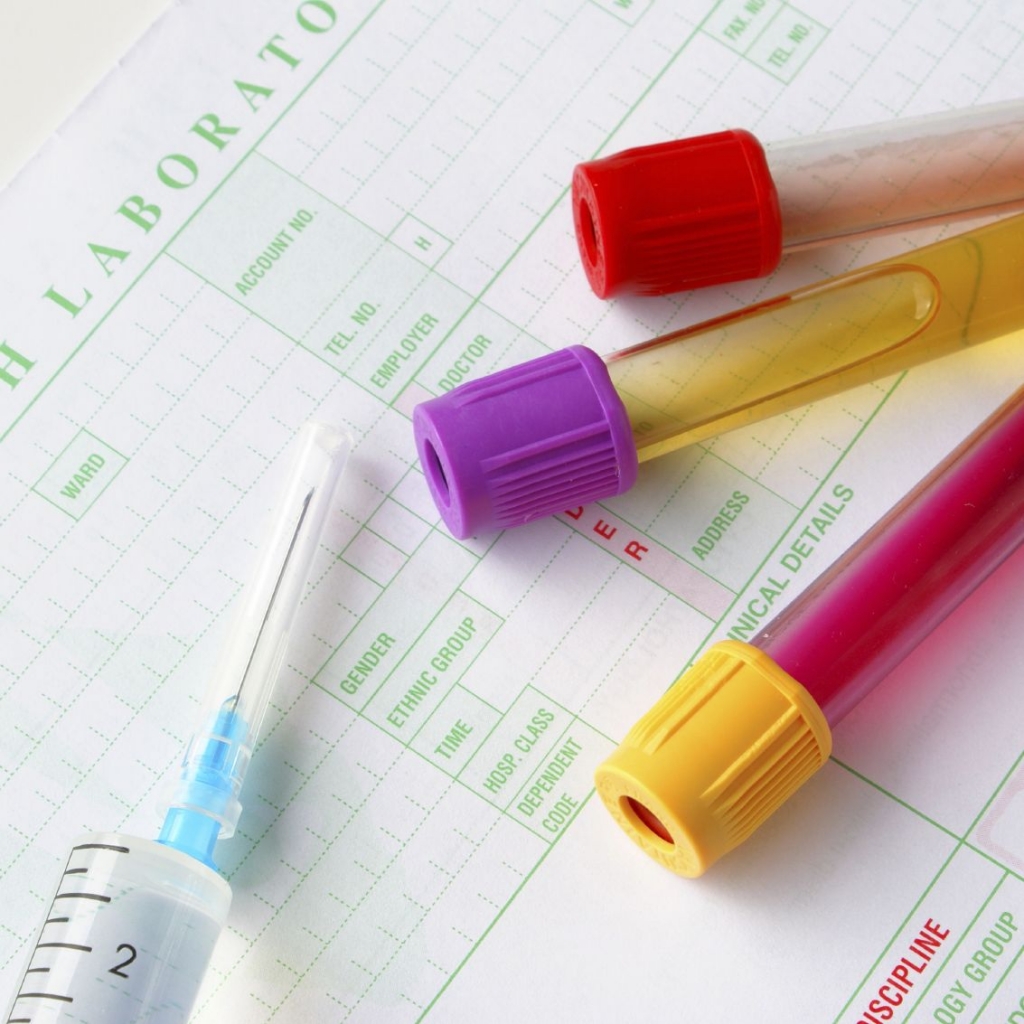
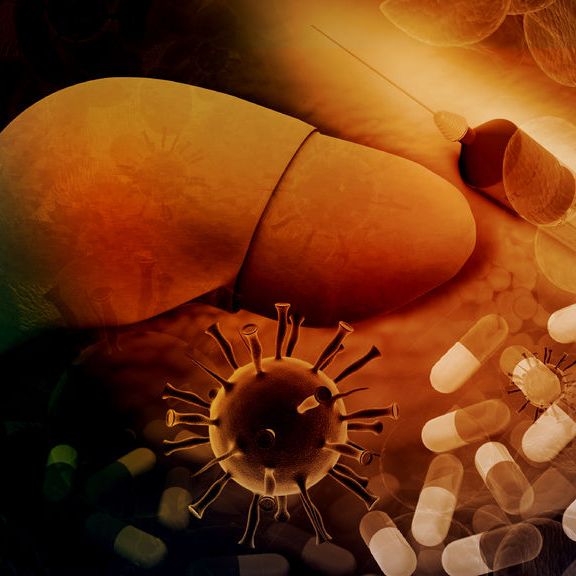
Liver function test
Liver function tests (Bilirubin, GOT, GPT, GGT, ALP, Cholinesterase) provide information about the inflammatory status of the liver, bile excretion, and the hepatotoxic effects of medications, alcohol, drugs, and other toxic substances.
Kidney function test
During the examination of kidney function, we look at the excretory function of the kidney and its narrowing (e.g. inflammation). The examined items: creatinine, urea, uric acid.
Blood sugar
It is used to determine the level of glucose in the blood. It can be used to detect diabetes (diabetes mellitus) and to control the blood sugar level of a diabetic. The most important hormones in regulating blood sugar are insulin, which lowers blood sugar, and glucagon, which raises blood sugar. Both are produced by the pancreas. Blood sugar levels can be measured at any time of the day, but if the blood is not taken on an empty stomach, the result will be affected by the consumed food, drink, and physical activity.
Pancreatic function
Pancreatic function is assessed by a blood test (amylase, lipase).
Stool blood
A stool blood test can help detect colon cancer at an early stage and can also reveal the cause of anaemia. In the case of a positive result, the faeces contain either blood or a substance that interferes with the test. In this case, multiple sampling is required to detect intermittent bleeding or to screen for false-positive results.
Stool culture
Stool culture can be used to detect pathogens in the stool. The examination is performed, for example, in case of abdominal complaints, diarrhoea, suspicion of infection. Your doctor may order stool culture test if your diarrhoea has been going on for several days and if blood and/or mucus is seen in your looser stools.
Faecal pancreatic elastase
It measures the amount of elastase 1 enzyme produced by the pancreas in a stool sample and can be used to diagnose pancreatic diseases with insufficient digestive enzyme production.
Nutritive allergen specific panel
The food allergy test includes the 20 most common allergens.
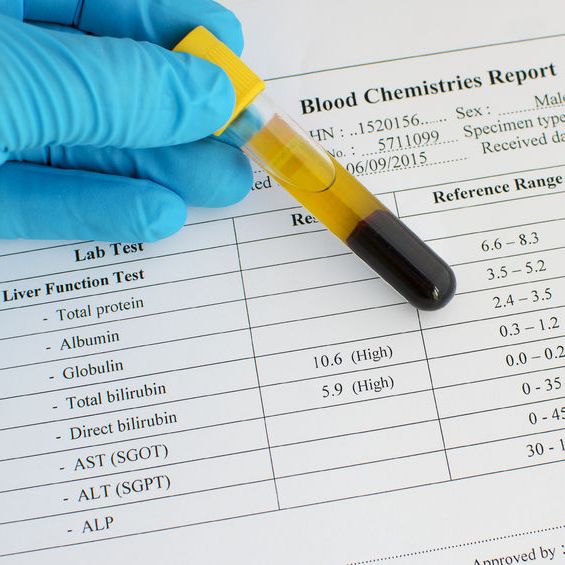
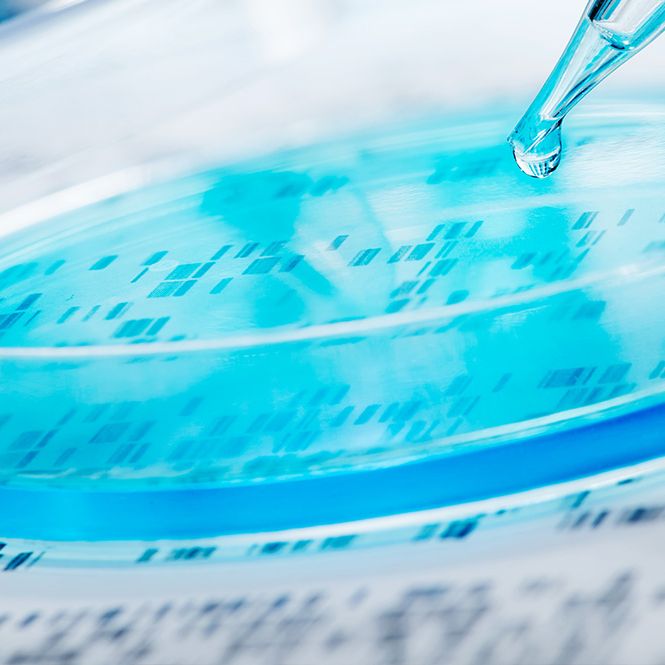
Celiac specific antibodies (tissue transglutaminase)
The test aims to detect autoantibodies that the immune system produces in response to dietary proteins (gluten and gliadin) in wheat, barley and rye.
The autoantibodies produced cause inflammation in the intestines and damage the intestinal walls, causing symptoms associated with malnutrition and malabsorption.
Genetic testing for lactose intolerance
During the genetic lactose sensitivity test, a smear is taken from the oral mucosa, so there is no need to consume lactose-containing fluid.
- In case of previously confirmed lactose sensitivity, a negative result indicates that there is a secondary lactose intolerance, which means that we are talking about a temporary, artificial lactose sensitivity.
- In case of a positive result, we speak of persistent lactose intolerance, i.e. it exists throughout life because the cause is genetic.
The result of an IBS laboratory test alone is not enough to make a diagnosis. To develop a proper lifestyle and eating habits, our gastroenterologist is at your disposal.
How do I prepare for the test?
On the day of the test, having an empty stomach is required and 3 stool samples are required to be handed in during the test.
When is the result expected?
After the 7th working day following the test, and the stool pancreatic examination part after the 12th working day.
